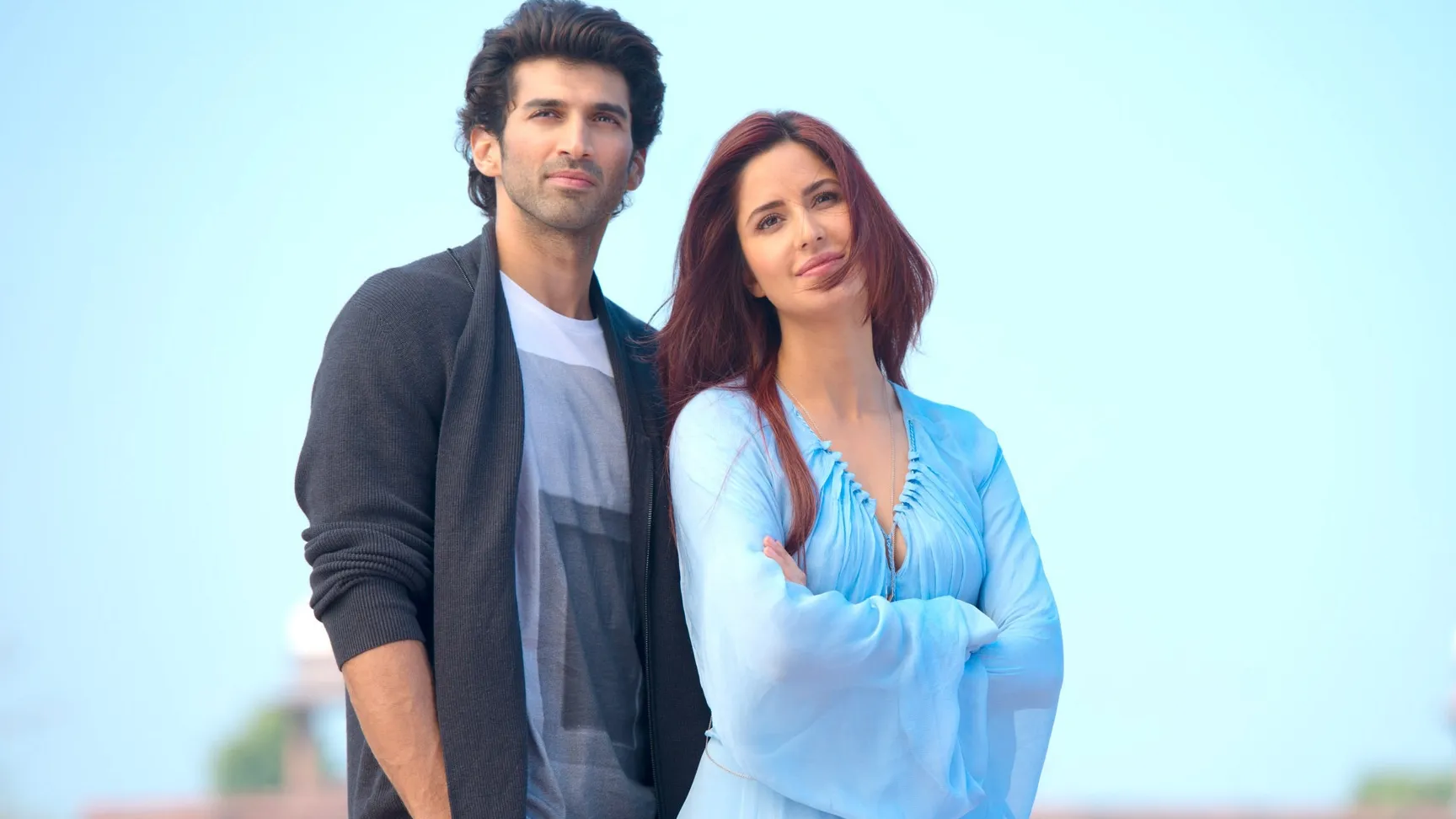By Daisy Jones
There was a time, in my mid-twenties, when I became completely obsessed with why I was the way I was. I’d just been through a major break-up, and what followed was a period of intense and intentional soul-searching. I’d do my own tarot cards every night—yes, every night, even after the club. I got really into the Myers-Briggs test (I’m an “INFJ”), as well as my astrological birth chart (Libra sun, Virgo moon, Libra rising) and favourite love languages (mine is “words of affirmation”). I started seeing a psychotherapist weekly, and I also got heavily into the most accepted personality framework of all: attachment theory.
Attachment theory—the idea that we develop attachment styles in our early years, which then later inform our relationships—was first developed by psychoanalyst John Bowlby in the 1950s and 1960s. But the pop psychology version really gained freakishly widespread popularity after the 2010 release of Attached, a very digestible self-help book from Amir Levine and Rachel S F Heller, which basically dives into the different attachment styles and how they might show up in romantic scenarios. You probably already know the attachment styles by now, but if not, they can be loosely separated into four main categories: secure, anxious, avoidant and fearful-avoidant.
After discovering my own attachment style via a cursory online quiz (anxiously attached with shades of fearful avoidance—at the time, at least), I soon realised that attachment theory could, in fact, be the answer to all my questions. I felt anxious not because I had reason to, but because I was filtering my relationships through a scarcity mindset. I was being breadcrumbed by a situationship not because they were uninterested, but because they were a classic avoidant, afraid of too much intimacy and commitment. I was attracted to emotionally unavailable people not because they were objectively sexier, but because I felt comfortable in a place of yearning as opposed to security. It all clicked into place, like removing a clock face and unveiling the neatly designed cogs within.
Soon, I started to view everything through the lens of attachment theory, internally categorising every single person I came across into one of the four lanes. Someone took a week to respond to a message? Typical avoidant! Friend only interested in a guy after he pulled back after the third date? My anxiously attached bells are ringing! Date randomly ghosted after coming on incredibly strong? Do I sense a rare fearful avoidant? I even got weirdly obsessed with scrolling through anxious and avoidant subreddits late at night–r/anxiousattachment currently has 70.6k followers, while r/avoidantattachment has the much smaller 44k, a discrepancy that is so on-the-nose it’s laughable. Couples in pop culture were also viewed afresh—we all know where Carrie and Big fit on the attachment style continuum.
The thing is, after some time, I found it hard to view relationships outside of attachment theory. Obviously, not every action, feeling and situation within the human experience can be explained away by attachment theory (just because someone takes ages to reply doesn’t mean they’re “avoidant”, they might just be busy), but all of this pop psychology had muddied my brain. It started to remind me of the way people bandy around terms like “narcissist” and “gaslighting” or “love-bombing” despite not being therapists or psychoanalysts themselves, and possibly based on very little information. I realised that maybe I was doing the same thing—creating narratives about people based on assumptions, unable to view life outside of those four walls.
Attachment theory itself, though an established psychological framework, is also not immune to criticism. Many view the theory as overly simplistic and even misogynistic (Bowlby’s whole concept is razor-focused on how maternal a person’s mother was, with very little acknowledgement of other factors). Even if attachment styles do ring true for a lot of people, and help us understand our behaviour as a set of protections rather than flaws, organising everyone into four groups feels a little rigid and basic (a criticism that has often been levelled at Attached). Humans are sprawling, complicated, often contradictory creatures. Yes, someone might behave in an avoidant way, but does that mean they are from then on “an avoidant”?
Over the past few years, my obsession with attachment theory has thankfully dampened. Ironically, this is probably because I’ve found myself in a much more secure place (if I did the quiz today, I’d likely come up as “secure”, although I’m no longer as interested in finding out). I’m also just generally more discerning of anything too category-based (is that guy a “narcissist” or is he just a classic, run-of-the-mill dickhead?). I still scroll the subreddits from time to time—a girl deserves hobbies!—but when it comes to attachment theory as an overarching lens, we’ve, for the most part, broken up.
This article first appeared on Vogue.co.uk
155 questions for couples that are always worth asking
These zodiac sign pairings have the most successful relationships
12 early red flags in a relationship you’ll wish you’d noticed sooner
